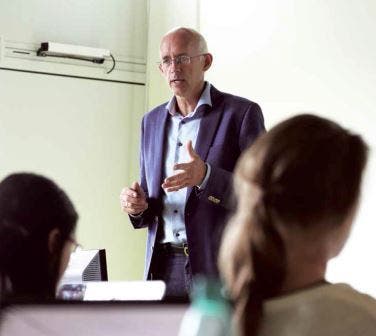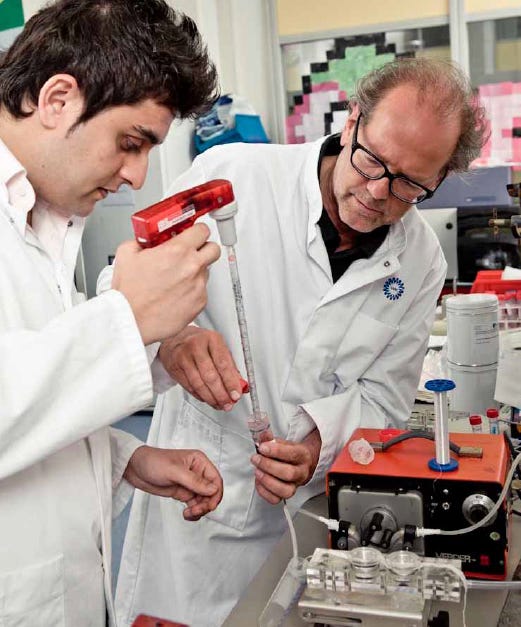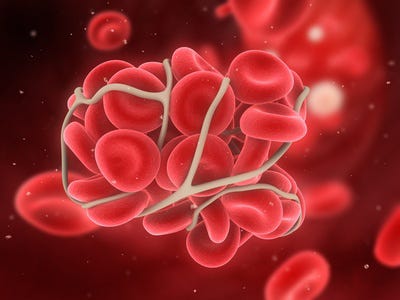Clinical Chemistry and Experimental Cardiology
In 2014 the laboratories of Experimental Cardiology and Clinical Chemistry and Haematology decided to merge activities and are now operational as one research group.

Experimental Cardiology uitklapper, klik om te openen
The laboratory of Experimental Cardiology is part of the Department of Cardiology and is active in the fields of biomarker discovery, immunity in cardiovascular diseases, regenerative repair of disease cardiac tissue and sex differences in cardiovascular disease. In the field of biomarker research we specifically address sex specific differences in atherosclerosis and diastolic heart failure. The research group coordinates an Multi-disciplinary consortium with the aim to search for female specific biomarkers: 'Queen of Hearts' More recently the laboratory invested significantly in the search for genetic determinants of cardiovascular disease (professor F. Asselbergs).
The laboratory houses unique human biobanks, such as
Athero-Express, Circulating Cells and UCORBIO, MINERVA and MYOMARKER and HELPFUL.

Clinical Chemistry uitklapper, klik om te openen
The Laboratory of Clinical Chemistry and Haematology encompasses different research groups with significant expertise in the field of thrombosis and hemostasis. A spin-off from the laboratory is PACT, a newly developed platelet activation test that is now owned by the start up company U-PACT. Researchers have expertise in angio-edema with a specific interest in the role of bradykinin and platelet function visualized with electron microscopy. A new emerging research field that is housed by the lab involves nanomedicine lead by professor Ray Schiffelers. The UMCU is well known for the diagnostics of red blood cell disorders and we participate in EU based consortia and private public partnerships to improve our diagnostic capabilities in RBC based diseases.
Private public partnerships and clinical studies are organized by the ARCADIA group which is the translational group of the laboratory.

